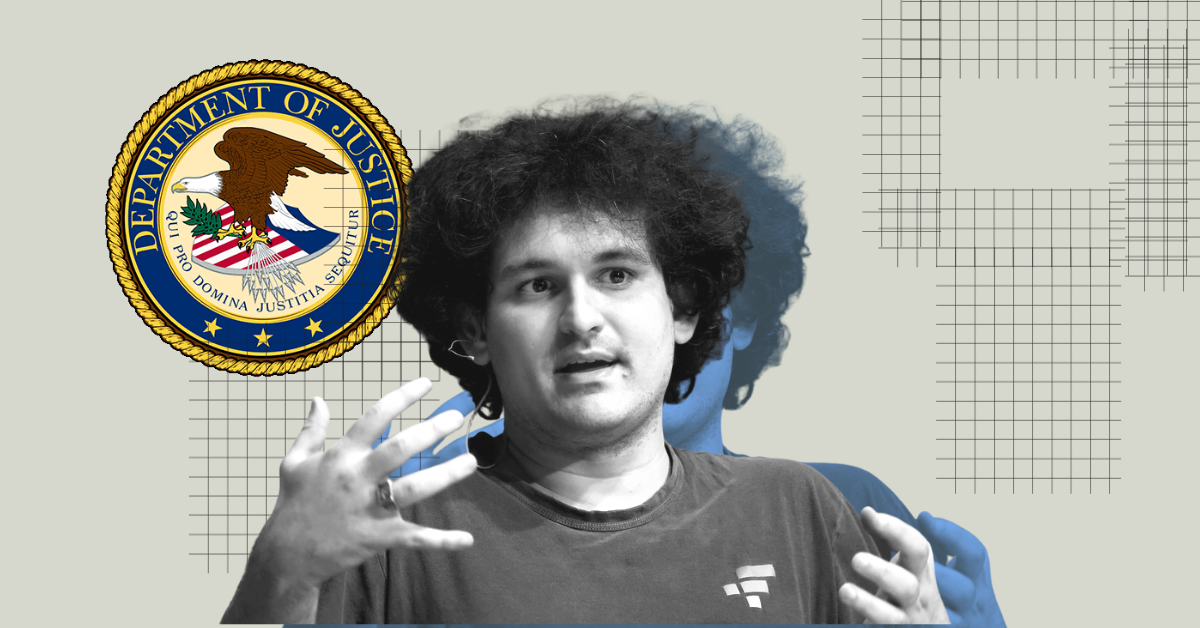
Defense attorneys for SBF are contesting the DOJ's decision to allow a Ukrainian customer to testify remotely, arguing that it could unduly influence the jury.
The defense is relying on the Sixth Amendment's Confrontation Clause and the fact that the testimony would be "cumulative".
The defense also argues that the Ukrainian customer's testimony could elicit strong emotions from the jury.
Attorneys representing Sam Bankman-Fried (SBF), ex-CEO and founder of FTX, are contesting the Department of Justice’s decision to allow a Ukrainian customer to testify remotely during the trial. They assert that such a move could unduly influence the jury due to its emotionally charged nature.
All eyes are on this case. Here’s everything you need to know!
Questioning Remote Testimony
The defense’s action follows the Department of Justice’s proposal to have an FTX customer in Ukraine provide remote testimony. The core argument put forth by SBF’s legal team revolves around the potential bias this testimony might introduce. They are concerned that it could elicit sympathy and outrage from the jury, especially in light of the recent Russian invasion of Ukraine.
Bankman-Fried’s legal representatives are heavily relying on the Sixth Amendment’s Confrontation Clause, which grants defendants the right to confront those who accuse them. While there are instances where remote testimonies are allowed under “exceptional circumstances,” the attorneys argue that the present situation does not meet these criteria.
Key to their argument is the fact that the Ukrainian customer’s testimony would be “cumulative”, implying it wouldn’t provide any new, material evidence. Moreover, they argue that testimonies from Ukraine may lack the necessary safeguards of reliability, such as the possibility of imposing perjury charges.
The Emotional Tug of War
A significant portion of the defense’s argument centers on the emotional impact of the proposed testimony. According to the Department of Justice, the Ukrainian customer suffered substantial losses, having entrusted a significant portion of their life savings to FTX during the 2022 Russian invasion.
Revealing this in court could elicit strong emotions from the jury, potentially clouding their judgment. Bankman-Fried’s legal team emphasizes that these sentiments, fueled by global events, should be kept separate from the accusations against their client and his business dealings.
Awaiting the Decision
As the trial looms, the court’s ruling on this matter could play a pivotal role in shaping its outcome. If the request to allow the Ukrainian customer’s testimony is denied, it could represent a strategic win for SBF’s defense. Conversely, if approved, the testimony might introduce a highly charged emotional element into the proceedings.
Read More: Why Is The Crypto Market Down Today? Here Are The Key Factors








